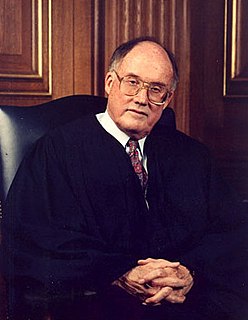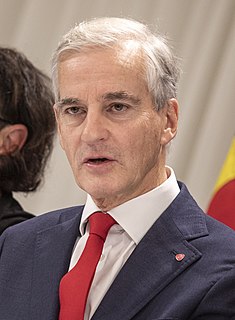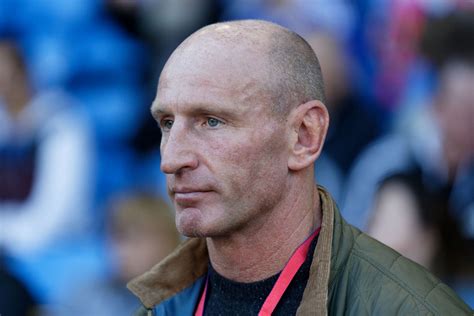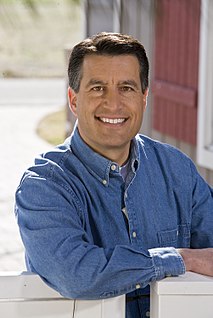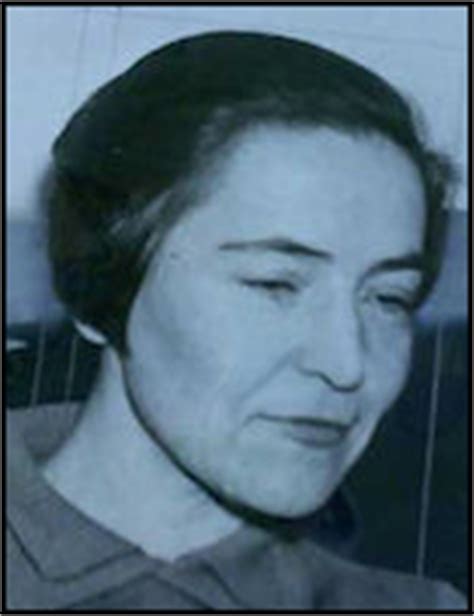A Quote by Barbara Madsen
Short of preventing harm to the child, the standard of 'best interest of the child' is insufficient to serve as a compelling state interest overruling a parent's fundamental rights.... To suggest otherwise would be the logical equivalent to asserting that the state has the authority to break up stable families and redistribute its infant population to provide each child with the 'best family.' It is not within the province of the state to make significant decisions concerning the custody of children merely because it could make a 'better' decision.
Quote Topics
Authority
Because
Best
Best Family
Better
Break
Break Up
Child
Children
Compelling
Concerning
Could
Custody
Decision
Decisions
Each
Equivalent
Families
Family
Fundamental
Fundamental Right
Fundamental Rights
Harm
Infant
Insufficient
Interest
Logical
Make
Merely
Otherwise
Parent
Population
Preventing
Provide
Province
Rights
Serve
Short
Significant
Stable
Standard
State
Suggest
Up
Within
Would
Would Be
Related Quotes
A father's interest in having a child--perhaps his only child--may be unmatched by any other interest in his life. It is truly surprising that the state must assign a greater value to a mother's decision to cut off a potential human life by abortion than to a father's decision to let it mature into a live child.
The whole world population rests on women. You have to start with the woman. And the woman will make her own decisions. If you want to have five or ten children, fine. You can have big families or small families, but you have the family you feel you can afford or feed. In China the one - child policy is already finished - on its way out because the economic conditions end up producing the same effect. If people want an expensive flat in a place like Shanghai, you can't have more than one child or two.
The traditional paradigm of parenting has been very hierarchical, the parent knows best and very top down. Conscious parenting topples [this paradigm] on its head and creates this mutuality, this circularity where both parent and child serve each other and where in fact, perhaps, the child could be even more of a guru for the parent .... teaching the parent how the parent needs to grow, teaching the parent how to enter the present moment like only children know how to do.
Because adoption meets the needs of children so successfully, and because there have long been waiting lists of couples hoping to adopt babies and children, it would seem that the solution for abused or neglected kids was obvious. But not to the do-gooders. To remove a child from an abusive parent, sever the parent's parental rights, and permit the child to be adopted by a couple who would give the child a loving home began to seem too 'judgmental.'
Compared to other parents, remarried parents seem more desirous of their child's approval, more alert to the child's emotional state, and more sensitive in their parent-child relations. Perhaps this is the result of heightened empathy for the child's suffering, perhaps it is a guilt reaction; in either case, it gives the child a potent weapon--the power to disrupt the new household and come between parent and the new spouse.
Training moments occur when both parents and children do their jobs. The parent's job is to make the rule. The child's job is to break the rule. The parent then corrects and disciplines. The child breaks the rule again, and the parent manages the consequences and empathy that then turn the rule into reality and internal structure for the child.
The fundamental interest - long-range strategic interest - of the state of Israel is that we will have the international bodies and primarily the United Nations recognize the two-state solution, so that there will never be any doubt as to the right of Israel to have its own Jewish independent state.
The good enough parent, in addition to being convinced that whatever his child does, he does it because at that moment he is convinced this is the best he can do, will also ask himself: "What in the world would make me act as my child acts at this moment? And if I felt forced to act this way, what would make me feel better about it?
A mother should have some fantasy about her child's future. It will increase her interest in the child, for one thing. To turn the fantasy into a program to make the child fly an airplane across the country, for example, isn't the point. That's the fulfillment of the parent's own dreams. That's different. Having a fantasy - which the child will either seek to fulfill or rebel against furiously - at least gives a child some expectation to meet or reject.
If responsibility for the upbringing of children is to continue to be vested in the family, then the rights of children will be secured only when parents are able to make a living for their families with so little difficulty that they may give their best thought and energy to the child's development and the problem of helping it adjust itself to the complexities of the modern environment.

